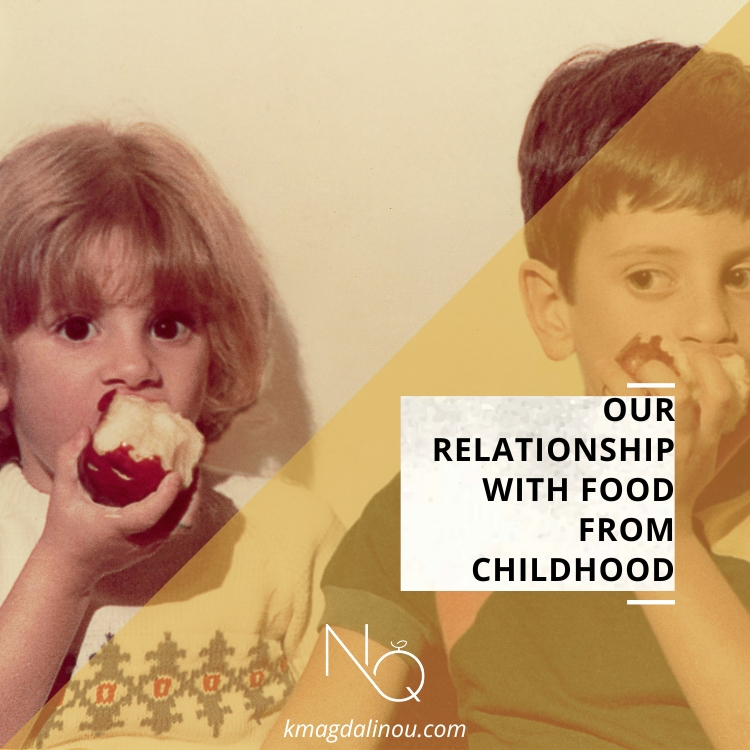If we take a moment to reflect on our relationship with food during childhood, we may uncover insights and answers about our current eating habits. In this article, we pose questions about our diet back then to help us understand our diet today.
How did your parents—and you—approach food during childhood?
Looking back, we can gather valuable information about the role food played in the home we grew up in. Just as we inherit many things from our parents, we also absorb certain attitudes toward food, nutrition, and our bodies. Try answering the following questions spontaneously. If you’d like, you can write down your answers on paper, or save them in a file on your computer or phone.
- Did your family eat lunch together?
- Was there an effort to ensure you had a daily snack for school?
- Was your health and well-being actively cared for?
- Did you have a positive approach to food choices in terms of taking care of your body?
- Was there variety in the meals at your family table?
- What snacks were typically stocked in your pantry and fridge? Who made those choices?
- Did you ever have concerns about your body or weight? If so, did you share them with your guardian, and how did they respond?
- Was mealtime an enjoyable experience in your home?
- Who prepared your meals? What emotions does that thought bring up?
- Did you take time to prepare your own meals?
- Do you remember using food as a way to manage emotions, such as for comfort or stress relief?
- How did your mother approach food?
- How did your father approach food?
- Was dieting a common practice in your home?
- Was there a routine or ritual around weighing yourself in your family?
- Did you always follow a set meal schedule with a specific number of meals per day?
- Did you have a structured exercise plan as part of taking care of your body?
- Did you and your family engage in activities that involved movement when spending time together?
By reflecting on these—and other—questions, you can gain insight into how your eating habits began to take shape in childhood. This process may also help you be more compassionate toward yourself today, as it’s well known that long-standing habits cannot simply be erased in a matter of days or weeks. At the same time, it’s important to remember that you serve as a role model for your own children, who unconsciously adopt behaviors from you.
If you’d like to explore a new approach to nutrition and develop a healthier relationship with food and your body, feel free to contact us here.




